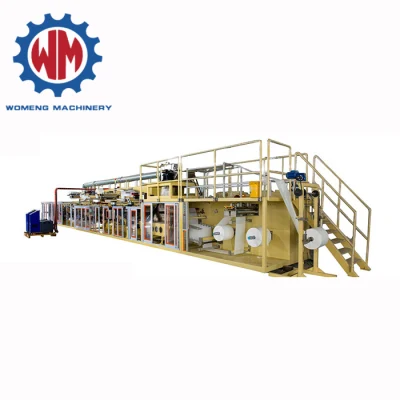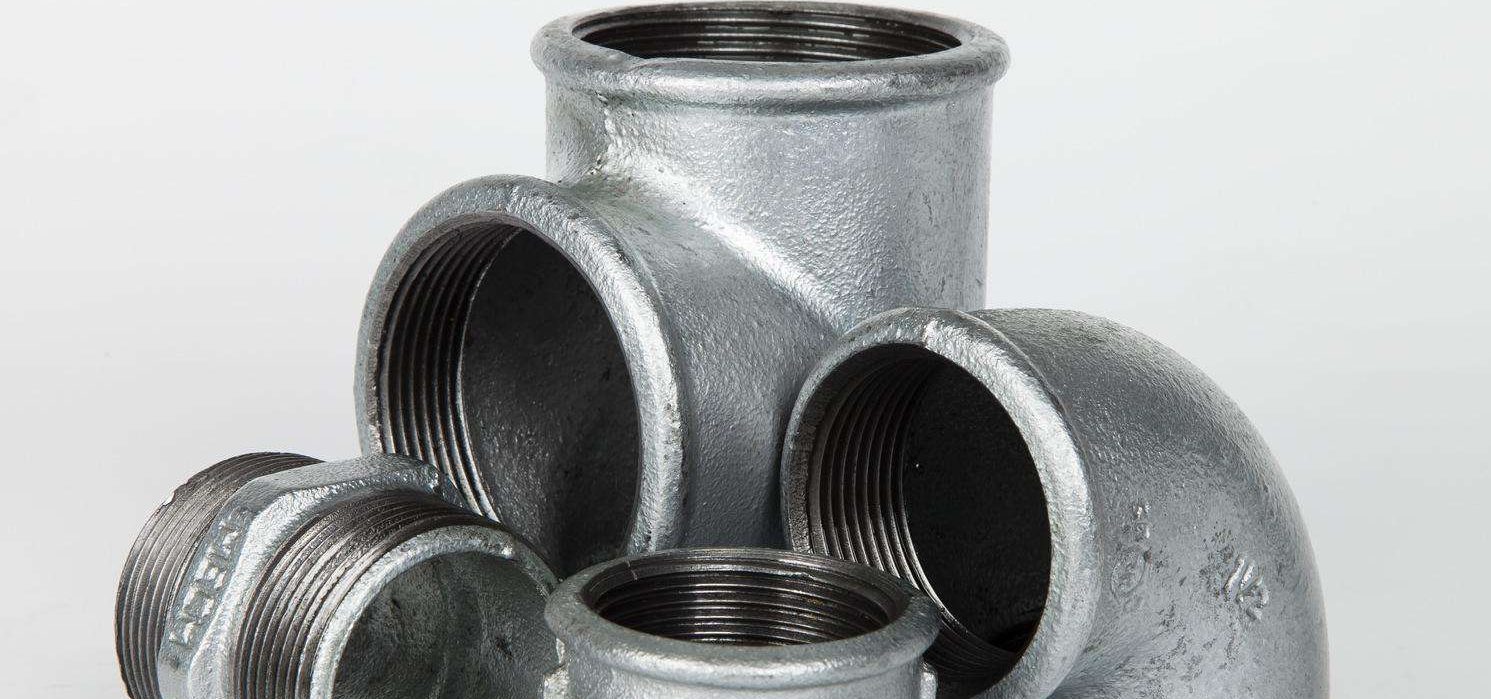Diaper machine manufacturers employ various measures to ensure stringent quality control during production.
Here are key practices they typically implement:
- Design Specifications: Manufacturers start by establishing detailed design specifications and standards that the machines must meet to ensure consistent and high-quality production.
- Quality Management Systems: Implementing robust quality management systems (QMS) ensures that standardized processes, procedures, and controls are in place to maintain quality throughout production.
- Material Inspection and Testing: Thorough inspection and testing of incoming raw materials are conducted to verify their quality and adherence to specifications before they are used in the production process.
- Equipment Calibration and Maintenance: Regular calibration and maintenance of the machines ensure that they operate within specified parameters, maintaining accuracy and consistency.
- Quality Control Checks at Various Stages: Quality checks and inspections are performed at different stages of production, including during material handling, processing, assembly, and packaging, to detect and rectify any deviations.
- Statistical Process Control (SPC): SPC techniques are often employed to monitor and control production processes, ensuring they operate within defined tolerances and identifying any deviations promptly.
- Operator Training and Certification: Operators undergo comprehensive training to understand quality control protocols and ensure that they are skilled in operating the machines within quality parameters.
- Documentation and Traceability: Thorough documentation of production processes, quality control checks, and traceability of materials used ensure accountability and facilitate root cause analysis if quality issues arise.
- Continuous Improvement Programs: Manufacturers implement continuous improvement initiatives to identify opportunities for enhancing production processes, optimizing quality, and reducing defects.
- Customer Feedback and Quality Assurance: Manufacturers often gather feedback from customers, perform quality audits, and conduct regular reviews to ensure that their products consistently meet or exceed customer expectations.
By integrating these practices and systems, diaper machine manufacturers uphold strict quality control measures throughout the production process, diaper machine manufacturer aiming to deliver high-quality, reliable machines that meet industry standards and customer requirements.
Are there options for customization based on market demands?
Absolutely, diaper machine manufacturers often offer customization options to meet specific market demands. These options cater to various requirements or preferences set by different regions, brands, or consumer segments. Customization possibilities include:
- Diaper Sizes and Types: Machines can be configured to produce various sizes and types of diapers, including different designs, shapes, absorbencies, and fastening mechanisms, based on market demand.
- Packaging Design and Branding: Manufacturers may offer customization in packaging design, labeling, or branding elements to align with specific brand identities or regional preferences.
- Material Compatibility: Machines can accommodate different raw materials, allowing customization based on the availability or preference for specific materials that suit regional or market requirements.
- Localization and Language: Customized options can include language preferences for packaging or labeling to cater to different linguistic regions or markets.
- Technological Integration: Machines might offer options for integrating specific technological advancements or innovative features requested by clients to align with market trends or consumer demands.
- Quick Changeover Capabilities: Customization options might include enhancing the machine’s ability to swiftly transition between different diaper types or configurations to adapt to changing market demands.
- Output Capacity: Manufacturers might offer variations in machine sizes or capacities to accommodate different production scales required by markets.
- Sustainability Features: Customization can involve integrating specific features or adjustments in machines to promote sustainability, using eco-friendly materials or reducing environmental impact.
- Consultation and Tailored Solutions: Manufacturers often provide consultation services to understand specific market demands and offer tailored solutions to meet those requirements.
By offering customization options, diaper machine manufacturers can cater to diverse market demands, enabling diaper producers to adapt swiftly to changing consumer preferences, regional regulations, or market trends. This flexibility supports the industry’s ability to meet the varying needs of different markets efficiently.

